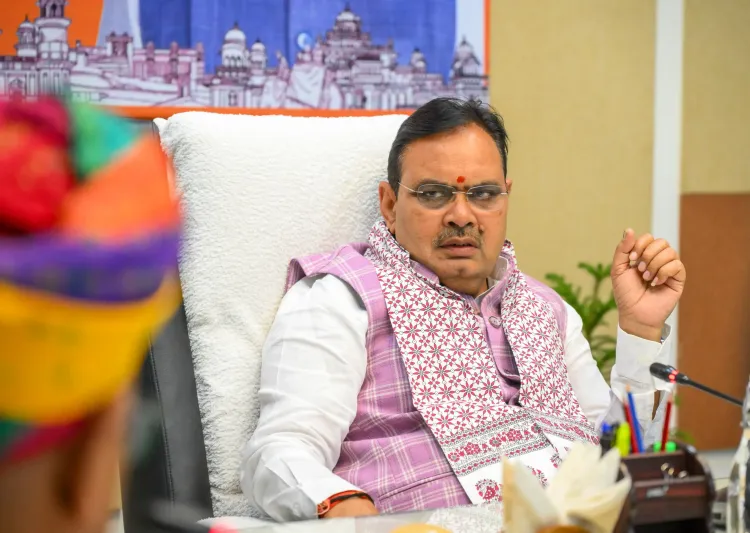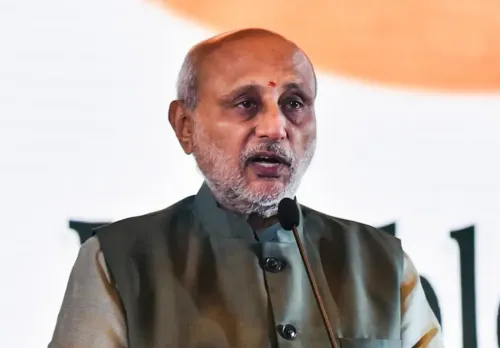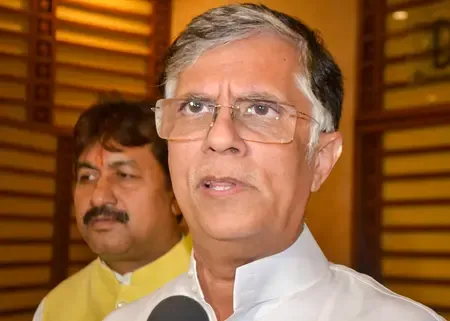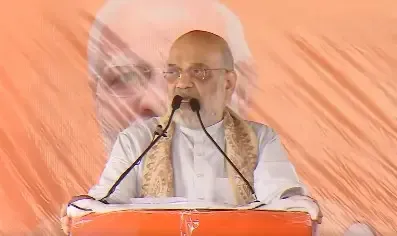Rajasthan Launches Textile and Apparel Policy 2025 in Wake of U.S. Tariffs

Synopsis
Key Takeaways
- Textile and Apparel Policy 2025 launched.
- Targets to boost export potential.
- Incorporates garment manufacturing.
- Offers financial incentives for investment.
- Aims to create 200,000 new jobs.
Jaipur, April 5 (NationPress) The Rajasthan government has taken a significant step by launching the Textile and Apparel Policy 2025 in response to the reciprocal tariffs imposed by the U.S.
This innovative policy aims to transform Rajasthan into a contemporary hub for textile and apparel manufacturing.
An official highlighted that, given the shifting global trade landscape—especially the recent U.S. tariffs—the policy is anticipated to be a transformative force for textile exporters within the state.
For the first time, the policy incorporates garment manufacturing to enhance export capabilities and spans a wide array of the textile value chain, including the production of both natural and synthetic fibers, technical textiles, handlooms, wool processing, leather goods, and footwear manufacturing.
Provisions have been established to guarantee raw material availability, cultivate a skilled workforce, tackle environmental concerns, and create strong infrastructure, including logistics support.
Additionally, the policy presents significant financial incentives aimed at attracting investment and boosting exports.
To foster industrial advancement in the textile and apparel sector, the policy introduces various incentives, such as asset creation incentives, reductions in stamp duty and registration fees, and more.
The official noted that the timing of the new policy is crucial, especially as the U.S. has implemented a 26 percent reciprocal tariff on Indian textile imports, which is still lower compared to tariffs on rival nations like Bangladesh (37 percent), Vietnam (46 percent), Cambodia (49 percent), Pakistan (29 percent), and China (34 percent).
Rajasthan, recognized as the fourth-largest cotton-producing state in India, stands to gain substantially. Textile hubs such as Bhilwara, Jaipur, Pali, and Balotra are expected to capitalize on this opportunity to enhance exports, particularly to the U.S. market.
With a plentiful skilled workforce and favorable policy backing, the Rajasthan Textile and Apparel Policy-2025 is poised to act as a catalyst for industry expansion and job creation, with a target of generating over two lakh new jobs.









